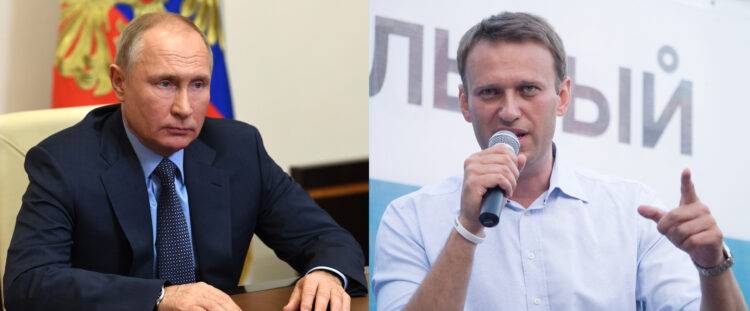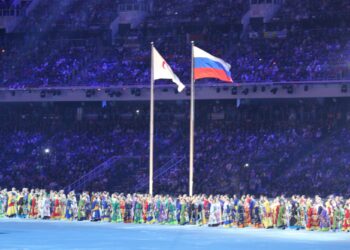MOSCOW, Russia – The news of Alexei Navalny’s death at 47, in a prison located in the remote Arctic Circle, has sent shockwaves through the international community and the Russian opposition. The prominent critic of Vladimir Putin, who has been a persistent thorn in the side of the Kremlin with his anti-corruption campaigns, died under circumstances that are likely to be viewed as a political assassination.
Navalny’s political journey, marked by his efforts against election fraud and government corruption, has been pivotal in shaping Russia’s modern opposition movement. His investigative work, which exposed the luxurious lifestyles of Russia’s elite, including Putin and Dmitry Medvedev, made him a national figure and a target for governmental retribution.
In the wake of Navalny’s death, the Kremlin has maintained that it possesses no information regarding the cause, further obscuring the circumstances surrounding the tragic event. This stance has only fueled speculation and demands for an independent investigation from international human rights organizations and Western governments.
The Final Years
Navalny’s final years were marred by legal battles and imprisonment on charges he and his supporters denounced as politically motivated. His 2020 poisoning with a nerve agent, which he survived only to be arrested upon his return to Russia in 2021, highlighted the dangers faced by Putin’s critics.
The global reaction to Navalny’s death underscores the precarious state of human rights and freedom of speech in Russia. Western leaders and human rights advocates have called for transparency and accountability, pressing the Russian government for answers in a case that has significant implications for international relations and the future of Russian politics.
Navalny’s Legacy
Despite his untimely death, Navalny’s legacy of resistance against corruption and authoritarianism lives on. His work has inspired a generation of activists and serves as a stark reminder of the cost of political dissent in Russia. The international community now faces the challenge of how to support Russian civil society in the aftermath of this tragedy.
As Putin embarks on another presidential campaign, Navalny’s death raises critical questions about the trajectory of Russian governance and the fate of its opposition. The manner of Navalny’s passing is a grim indicator of the lengths to which the regime will go to silence its critics, setting a somber tone for the future of political dissent in Russia.
Alexei Navalny’s death in prison marks a dark chapter in the struggle for democracy and human rights in Russia. As the world mourns a formidable critic of Putin’s Russia, the call for justice and accountability grows louder, highlighting the ongoing battle for transparency and freedom in the face of authoritarianism.


















